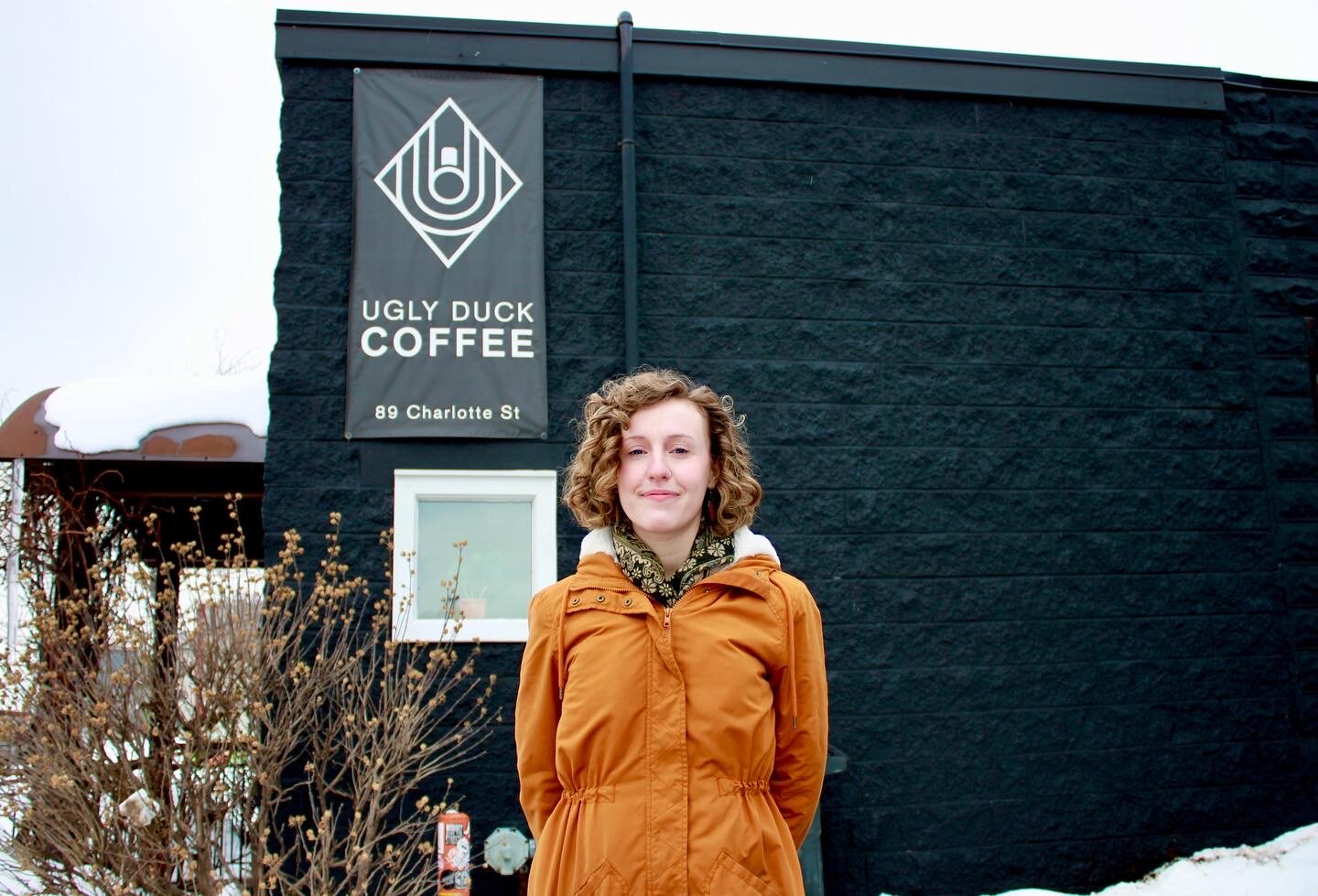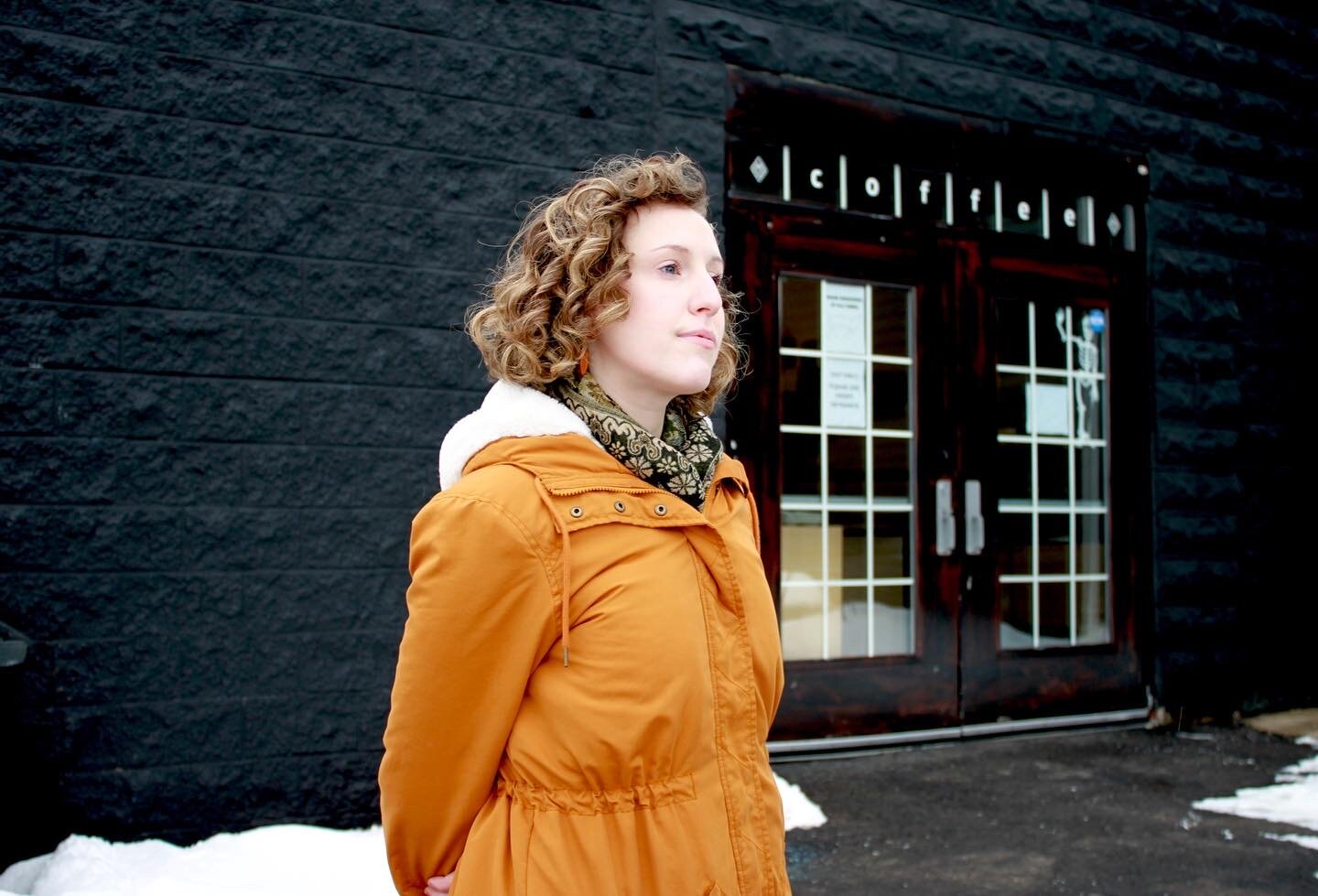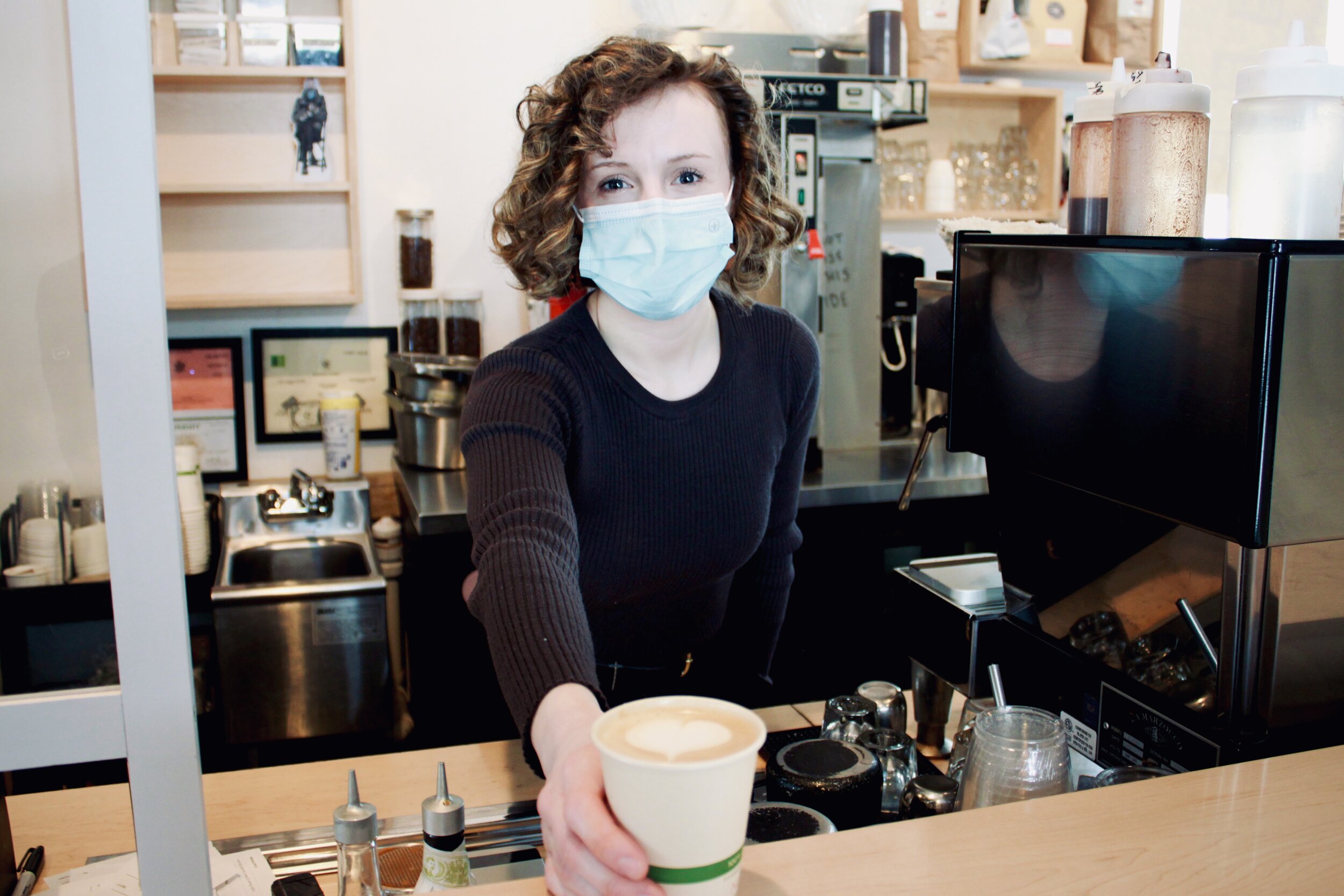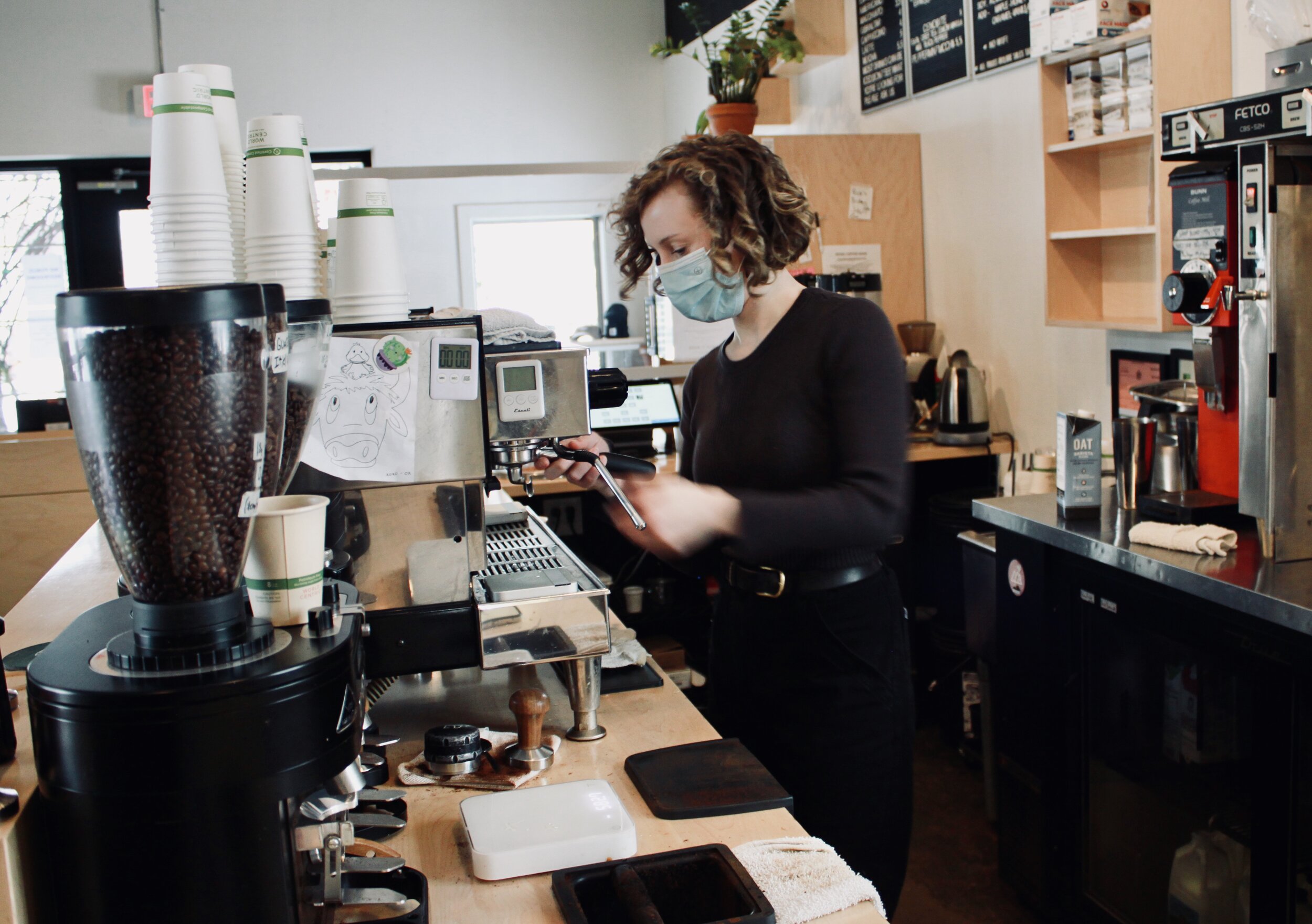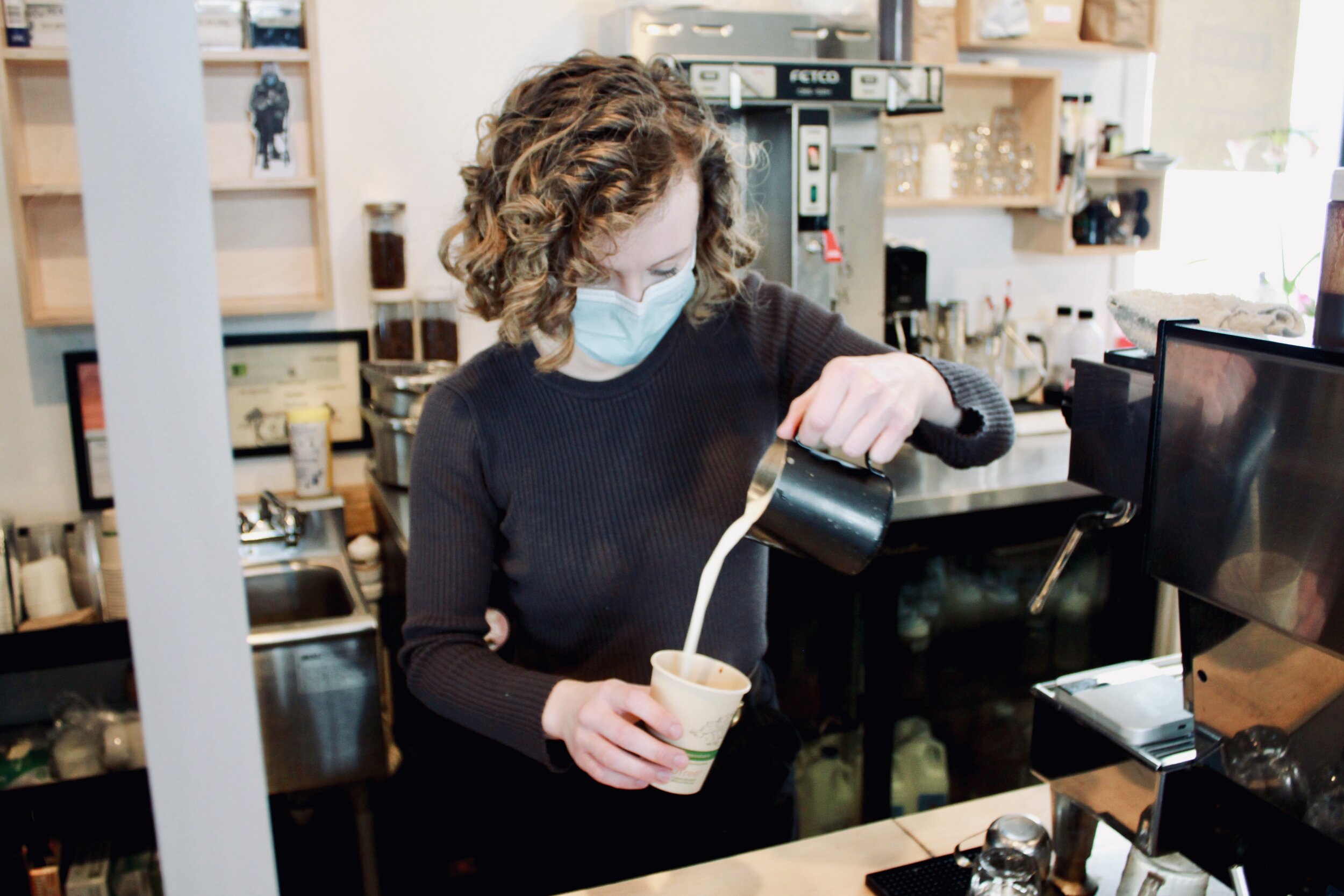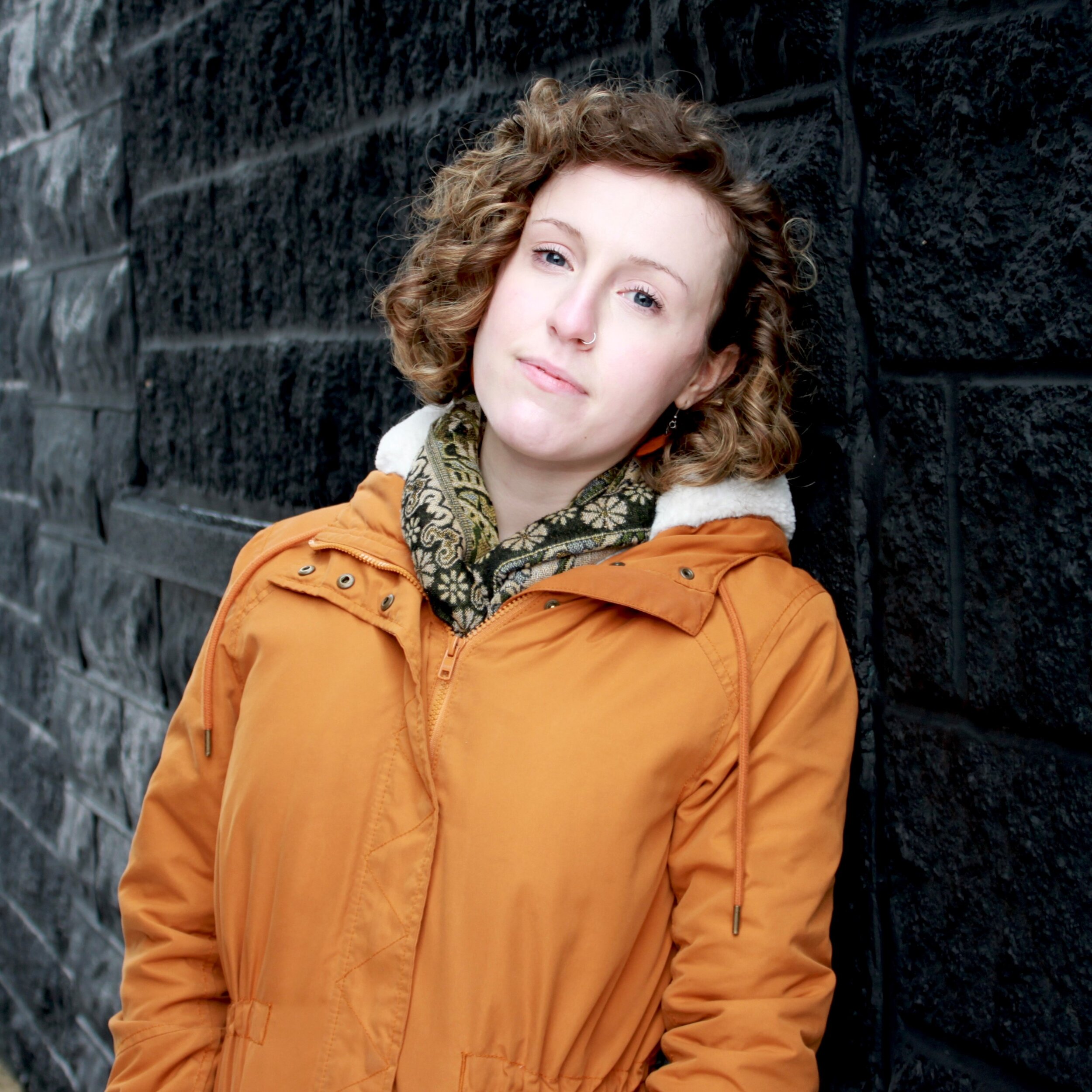Deedee Krupkin
“I built my whole life around serving others and denying myself … The truth is that everyone deserves mental wellness, regardless of their life experiences. We do not have to deprive ourselves of emotional nourishment just because someone else is hungry too.”
NAMI: Have you experienced mental health struggles?
DK: I’m only recently coming to terms with a significant amount of childhood abuse and trauma that I spent years denying. I know I’m not the only who has downplayed my trauma. I think it is more common than people think to have imposter syndrome when it comes to their experiences. I grew up in extreme poverty, in a house of squalor, with two mentally ill parents that I spent my earliest years supporting emotionally. I had very little emotional attention directed at me, and when I did, it was conditional. As a result, I spent a significant amount of my time trying to please my parents, who were impossible to please. Despite all of that, I was gaslit into believing that I “didn’t have it that bad.” Perhaps that is partly true. I am lucky to be where I am today-- a relatively financially secure adult with adequate food and shelter. However, I shouldn’t have had to be lucky to get those basic needs met. People should not have to “pull themselves up by their bootstraps” their entire lives in order to get to a zero state that other people in nurturing, privileged households are given from the start. I spent far too much of my teen years pretending that I was in that zero state. I did not want to let people into my past, I brushed my feelings aside and entered into relationships where I could forget about myself and put all of my energy into people-pleasing. I have always cared about mental health, but it was always for other people. I would walk them through their trauma and guide them towards professional help. I pretended this was a valiant, selfless act. I built my whole life around serving others and denying myself … The truth is that everyone deserves mental wellness, regardless of their life experiences. We do not have to deprive ourselves of emotional nourishment just because someone else is hungry too.
NAMI: Describe your experience working in the customer service industry as a barista at Ugly Duck during the pandemic.
DK: Working in customer service during the pandemic has been one constant burnout after the other. I am very fortunate to have an extremely thoughtful and caring boss at Ugly Duck Coffee who has not only given us paid sick leave and hazard pay, but checks in on us consistently to make sure we are all doing okay. He has always (and continues to) prioritize our health above all else, and it is one of the reasons I feel safe coming into work every day. Even still, the system of labor that we as Americans function in does not leave us much wiggle room to take care of our mental health. The pandemic has laid this truth bare. When our shop first adjusted to a safe service model in the first month of quarantine, we were slammed with people whose cabin fever was getting the best of them. As a barista, I've always been used to expending a fair amount of emotional labor listening to the problems of strangers. In the past, I didn't mind listening to the occasional customer vent. In those first weeks of lockdown, however, it seemed like everyone who came by needed to unload their feelings. For some, we are the only people outside the household that they will see all day. It was completely understandable to want to share their grievances, but it wasn't a mutual exchange, and I soon felt a heavy emotional weight on my shoulders. For a while there were shifts where I would be working through panic attacks and tears, hoping nobody would notice behind the glare of the plexiglass partition. 2020 was one tragedy after the other, and some days I would have to force a positive attitude to the point of numbness. Being in customer service means putting on a performance, in a way. Most days, I am a completely different character than the DeeDee one might see elsewhere. I don't think many people have seen the real DeeDee in a long time.
NAMI: How have you healed, recovered, and grown from your experiences?
DK: I think healing from trauma is a constant, progressive thing. This is especially true of childhood trauma. As someone who had to grow up extremely fast and figure out life for myself, it took a long time for me to realize there was anything I needed to “heal” from. I truly thought my suffering was normal. I think the biggest moment for me was actually accepting that I wasn’t “okay”, that what I went through wasn’t okay, and that needing to lean on others for support is not selfish. Opening my heart up to be bolstered and loved by the people around me has been the biggest growth of this year. Reaching out is extremely difficult for someone with childhood trauma. You think you are a burden because you weren’t given the nurture and support that you needed at a young age. It took a lot for me to get out of the mindset that my friends actually loved me enough to be there for me, but they absolutely are. They absolutely have been. All it took was for me to ask.
NAMI: What forms of self-care do you practice? What keeps you balanced?
DK: Sometimes being alone is the best self-care. I know we are all burnt out on quarantine, but what it has taught me is that there are healthy ways to be alone. For a while, I’d be laying in my room by myself scrolling through instagram and wondering, “Wow, why do I feel so awful?” It’s hard to disconnect ourselves from one of the only things that connects us to our friends and loved ones, but once I did, I turned my room into my own little oasis. Cleaning and lighting candles, watering my plants, trying on cute outfits in the mirror, hugging a stuffed (or real!) animal, helped me feel closer to myself and the space I inhabited. There are still days when all I do is lay in bed and groan, but they are getting fewer and further between.

